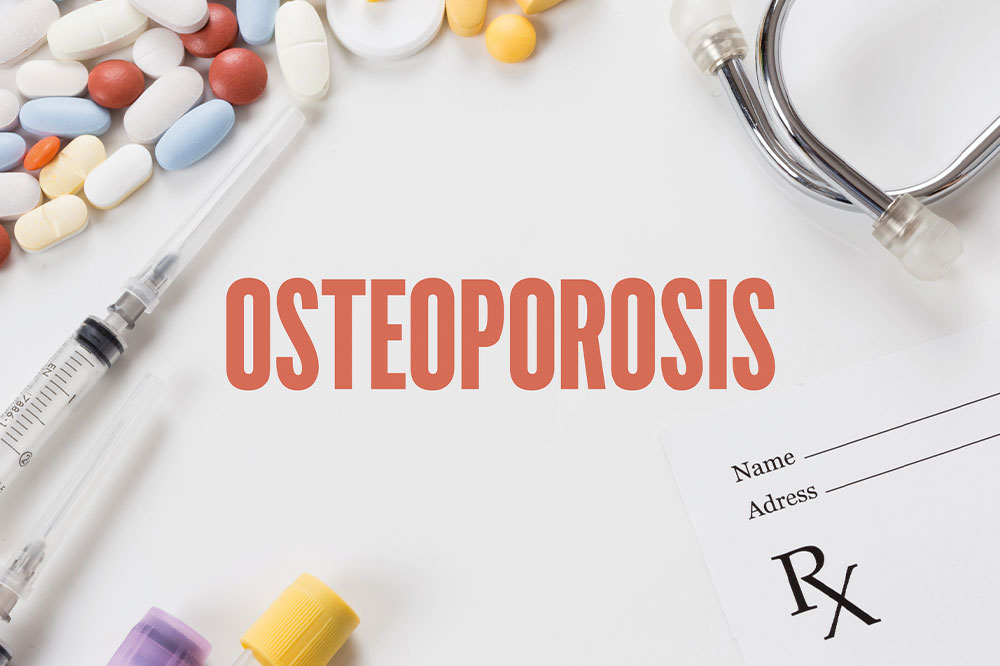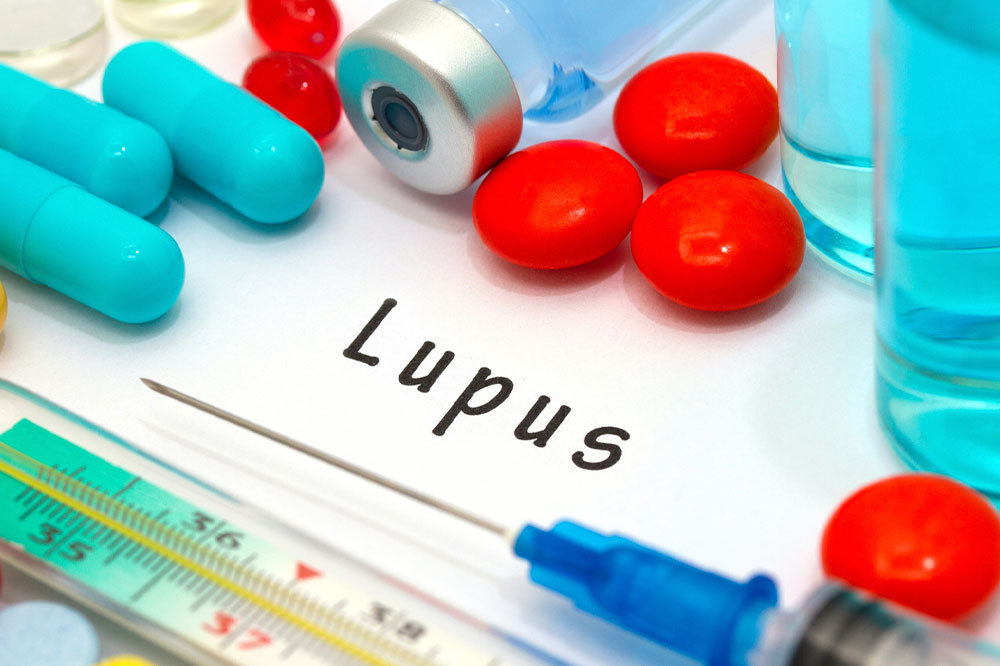Colon cancer – Symptoms and risk factors

Cancer that begins in the large intestine is known as colon cancer. Although it can affect people of any age, it occurs more frequently in older adults. Symptoms for colon cancer may not appear until the disease progresses to the second stage or later. However, recognizing some early warning signs can help with the early diagnosis and treatment of colon cancer. Treatments for this condition will vary by the stage and type of colon cancer.
Signs and symptoms of colon cancer
Stage 0
This is the earliest stage of colon cancer, where the abnormal cells are only noticed in the lining of the colon. It is also known as carcinoma in situ. Most people may not notice any symptoms during this stage of cancer. However, some early warning signs to watch out for include:
Narrow ribbon-like stools
Rectal bleeding that is bright or dark red
Tenesmus, or a feeling of heaviness or having to pass stool, but nothing passes
Anemia
Persistent abdominal pain
Stage 1
By this stage, the cancer has penetrated the lining of the colon or rectum and affected the muscle. However, it has not yet reached the lymph nodes or other body parts. Common symptoms one may notice during this stage include:
Constipation
Diarrhea
Changes in the color of stool or shape
Blood in the stool
Bleeding from the rectum
Excessive gas
Abdominal cramps
Stage 2
In this stage, the cancer has spread to the walls of the colon or rectum and affected some nearby tissues. However, it has not reached the lymph nodes yet. Symptoms for this stage are the same as those experienced in Stage 1.
Stage 3
By stage 3, the cancer has affected the lymph nodes. In addition to the symptoms mentioned above, other signs and symptoms at this stage include:
Excessive fatigue
Unexplained weakness
Changes in the stool that last for longer than a month
Vomiting
Stage 4
This is the last or final stage of colon cancer. Here, the cancer has spread and affected distant organs such as the liver or the lungs. Depending on the body part affected, the signs and symptoms may vary. For instance:
If the cancer has spread to the bone , symptoms may include pain, fractures, constipation, or high calcium levels.
If the cancer affects the lungs , one may experience shortness of breath, breathing difficulties, coughing, pain, and fatigue.
When the liver is affected, one may feel nauseous or tired. One may also experience swelling in the hands and feet, increased abdominal girth, or jaundice.
When cancer spreads to the abdominal lymph nodes , it may cause bloating, a swollen belly, and a lack of appetite.
If cancer has spread to the brain or spinal cord , one may experience symptoms such as pain, confusion, memory loss, headaches, blurred or double vision, difficulty speaking, and seizures.
Risk factors associated with colon cancer
Several factors determine one’s potential risk of developing colon cancer. These may be further classified into genetic, medical, and lifestyle factors.
Medical factors
Polyps
People with multiple polyps, including adenomas, serrated or hyperplastic polyps, and others, are at a higher risk of developing colon cancer.
Inflammatory bowel disease
Individuals with a past diagnosis of inflammatory bowel diseases (IBD), including ulcerative colitis and Crohn’s disease, are at an increased risk of developing colon cancer. This risk is especially high if the IBD lasts for more than seven years and affects significant portions of the colon.
Diabetes
Those with diabetes or insulin resistance are at a higher risk of developing colon cancer.
Radiation therapy for cancer
Those who have received radiation therapy around the abdomen for treatment of other cancers in the past have a higher risk of developing colon and rectal cancer.
Genetic factors
Several genetic factors determine one’s predisposition to developing colon cancer. This may be due to specific hereditary conditions that increase one’s risk or due to genetic mutations that are passed down through generations. Some of these factors include:
Personal history of ovarian, colon, or rectal cancer
Having an immediate family member with a history of colon or other types of cancer
Living with:
Attenuated familial adenomatous polyposis
Familial adenomatous polyposis (FAP)
Gardner syndrome
Lynch syndrome (hereditary nonpolyposis colorectal cancer)
Juvenile polyposis syndrome
Muir-Torre syndrome
MUTYH-associated polyposis
Peutz-Jeghers syndrome
Turcot Syndrome
Traits, age, and lifestyle factors
Many other factors impact one’s risk of developing colon cancer. These include:
Age
People over the age of 50 are at a higher risk of developing colon cancer. Since the condition has no noticeable signs and symptoms at its onset, it is usually caught during regular screenings. The American College of Gastroenterology advises regular screenings for colon cancer from the age of 40, while the US Preventative Service Task Force (USPSTF) and American Cancer Society (ACS) recommend regular screenings from the age of 45.
Eating habits
Since the colon is a part of the digestive system, one’s food intake plays an important role in determining the risk of developing colorectal cancer. People who rely on red meat, processed foods, and saturated fats (like butter, lard, palm oil, cakes, biscuits, sausages, bacon, cured meats, cheese, etc.) have an increased risk of developing this condition. Low fiber intake is also linked to a higher risk of colon cancer.
Sedentary lifestyle
Those who lead an inactive or sedentary lifestyle are also at a higher risk of developing colon cancer. This is because regular physical activity increases antioxidant levels in the body, which improves DNA repair, reduces inflammation, and boosts immunity. According to the National Cancer Institute, regular exercise can help reduce the risk of cancer by 24%.
Regular cancer screenings can help check for any abnormal cell growth. Doctors may opt for diagnostic techniques such as colonoscopy, fecal immunochemical test (FIT), Guaiac-based fecal occult blood test (gFOBT), fecal DNA test, or flexible sigmoidoscopy. Doctors will prescribe treatments based on one’s age, overall health, type, and progression of colon cancer. Popular treatment options include surgeries such as colostomy, endoscopy, laparoscopic surgery, palliative surgery, chemotherapy, and radiation therapy.









